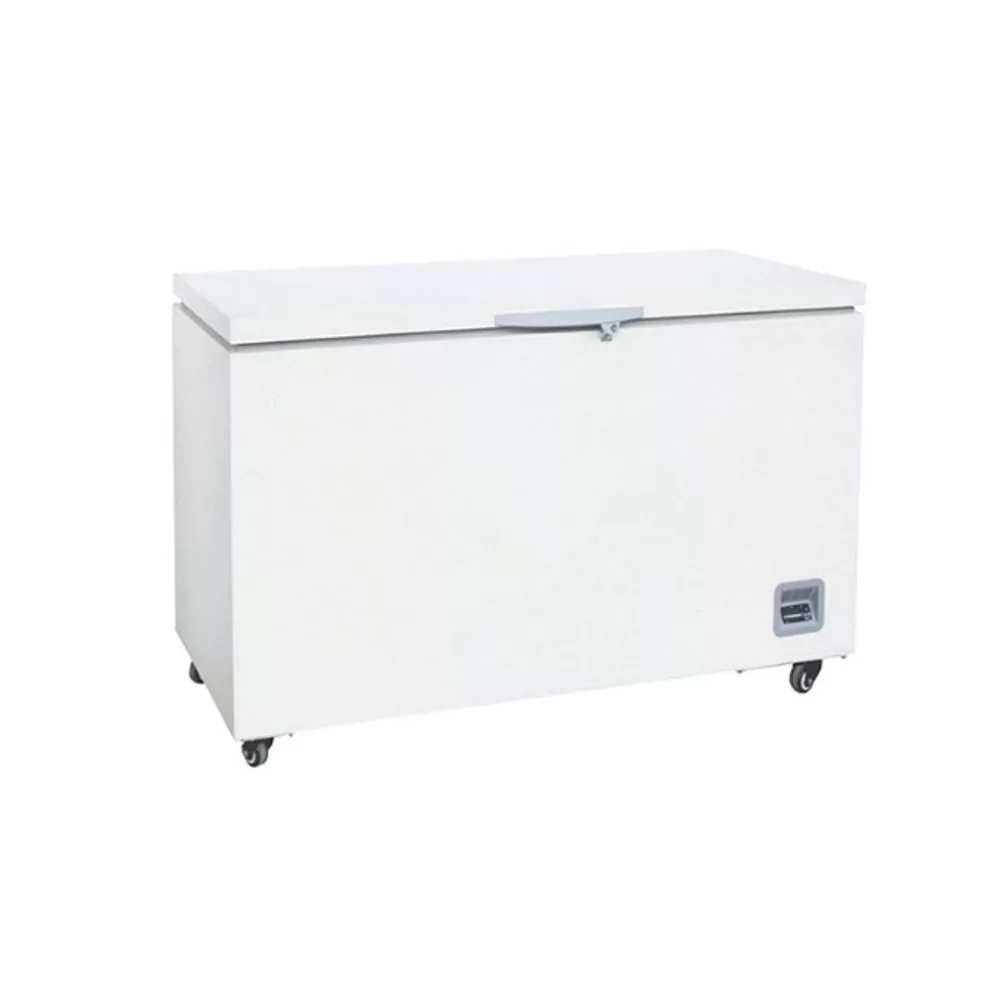Laboratory Freezer KFR/60/220: Essential Cold Storage for Precise and Reliable Sample Preservation
In the scientific and medical fields, maintaining the integrity of samples is crucial for achieving accurate results. Whether in research, clinical diagnostics, or industrial laboratories, a Laboratory Freezer KFR/60/220 plays a vital role in preserving a wide variety of materials, from biological samples to chemical reagents. Designed to provide precise temperature control and optimal storage conditions, laboratory freezers are essential for any lab that requires dependable cold storage solutions.
What is a Laboratory Freezer?
A Laboratory Freezer is a specialized piece of equipment designed for the storage of sensitive materials at low temperatures, typically ranging from -20°C to -80°C or even lower. Unlike regular household freezers, laboratory freezers are engineered to meet the stringent demands of scientific and medical applications, offering features such as temperature stability, alarm systems, and the capacity to store a wide array of sample types securely.
These freezers come in various configurations, including upright, chest, and under-counter models, each suited to different laboratory environments and storage needs. Laboratory freezers are commonly used to store biological samples like DNA, RNA, plasma, vaccines, enzymes, and other temperature-sensitive materials that require consistent, ultra-low temperatures to prevent degradation.
Key Features of Laboratory Freezers
- Precise Temperature Control: Laboratory freezers are equipped with advanced temperature control systems that maintain stable internal temperatures, ensuring that samples are preserved in optimal conditions.
- Ultra-Low Temperature Capabilities: Many laboratory freezers can reach temperatures as low as -86°C, making them ideal for storing highly sensitive samples such as cell cultures, proteins, and long-term biological specimens.
- Alarm Systems: To protect valuable samples, laboratory freezers often include audible and visual alarm systems that alert users to temperature deviations, power failures, or door ajar events.
- Temperature Monitoring and Data Logging: Some models come with built-in temperature monitoring systems and data logging capabilities, allowing for continuous tracking of internal conditions and compliance with regulatory standards.
- Flexible Storage Options: Laboratory freezers offer various shelving, drawer, and storage rack options, enabling labs to organize samples efficiently and maximize storage capacity.
- Energy Efficiency: Modern laboratory freezers are designed to be energy-efficient, reducing power consumption without compromising performance, which is essential for laboratories looking to minimize operational costs.
- Security Features: Many laboratory freezers are equipped with locking mechanisms or access control systems to ensure that only authorized personnel can access stored samples.
Benefits of Using a Laboratory Freezer
- Sample Integrity and Longevity: By providing ultra-low and stable temperatures, laboratory freezers ensure that samples remain intact and free from degradation, extending their usable life and ensuring accurate results in future analyses.
- Versatility Across Applications: Laboratory freezers are suitable for a wide range of applications, from storing biological samples for research and clinical diagnostics to preserving industrial materials like adhesives and chemicals.
- Compliance with Regulatory Standards: With features like temperature monitoring and alarm systems, laboratory freezers help laboratories meet regulatory requirements for the storage of temperature-sensitive materials, ensuring compliance with industry standards.
- Protection of Valuable Samples: The built-in security features, such as alarms and locking mechanisms, safeguard valuable samples from unauthorized access and potential loss due to temperature fluctuations.
- Organized Storage: With customizable shelving and storage options, laboratory freezers allow for efficient organization, making it easier for lab personnel to access and manage stored samples.
- Energy Savings: Energy-efficient models help laboratories reduce their overall power consumption, contributing to lower operating costs and a smaller environmental footprint.
Applications of Laboratory Freezers
- Clinical Diagnostics: In medical laboratories, laboratory freezers are used to store blood samples, plasma, and other biological materials that require consistent, ultra-low temperatures to maintain their viability for diagnostic testing.
- Pharmaceutical Storage: Pharmaceutical companies use laboratory freezers to store vaccines, drugs, and biological products, ensuring they remain stable and effective over time.
- Research Laboratories: In research settings, laboratory freezers preserve cell lines, tissue samples, DNA, RNA, and other critical reagents, which are essential for experiments and studies.
- Biotechnology: Biotechnology labs rely on laboratory freezers to store enzymes, proteins, and other sensitive materials that are integral to the development of new products and therapies.
- Industrial Applications: In industrial settings, laboratory freezers are used to store materials like adhesives and chemicals that require cold storage to maintain their properties.
- Food and Beverage Testing: Laboratory freezers are also employed in the food industry to store samples for microbiological testing, ensuring that food products meet safety and quality standards.
How to Choose the Right Laboratory Freezer
When selecting a laboratory freezer, it’s important to consider the specific needs of your laboratory. Key factors to evaluate include the temperature range, storage capacity, and internal organization options. Additionally, consider the reliability of the temperature control system, the presence of alarm and monitoring features, and the energy efficiency of the model. For laboratories with strict regulatory requirements, a freezer with data logging and compliance features is essential.
It’s also important to choose a model that offers adequate security features to protect sensitive and valuable samples. Finally, consider the available space in your laboratory and choose a freezer that fits well within your layout without compromising on storage capacity.
Conclusion
A Laboratory Freezer is a critical investment for any laboratory that requires reliable and precise cold storage. Whether you’re working in clinical diagnostics, research, or industrial applications, the ability to store samples and reagents at ultra-low temperatures is essential for ensuring the integrity of your work. With advanced features like temperature control, alarm systems, and customizable storage options, laboratory freezers provide the security and reliability you need to protect your valuable samples.
Explore our range of laboratory freezers to find the perfect solution for your cold storage needs. Our expert team is here to help you choose the right model to enhance your laboratory’s efficiency, compliance, and overall performance.





Reviews
There are no reviews yet.